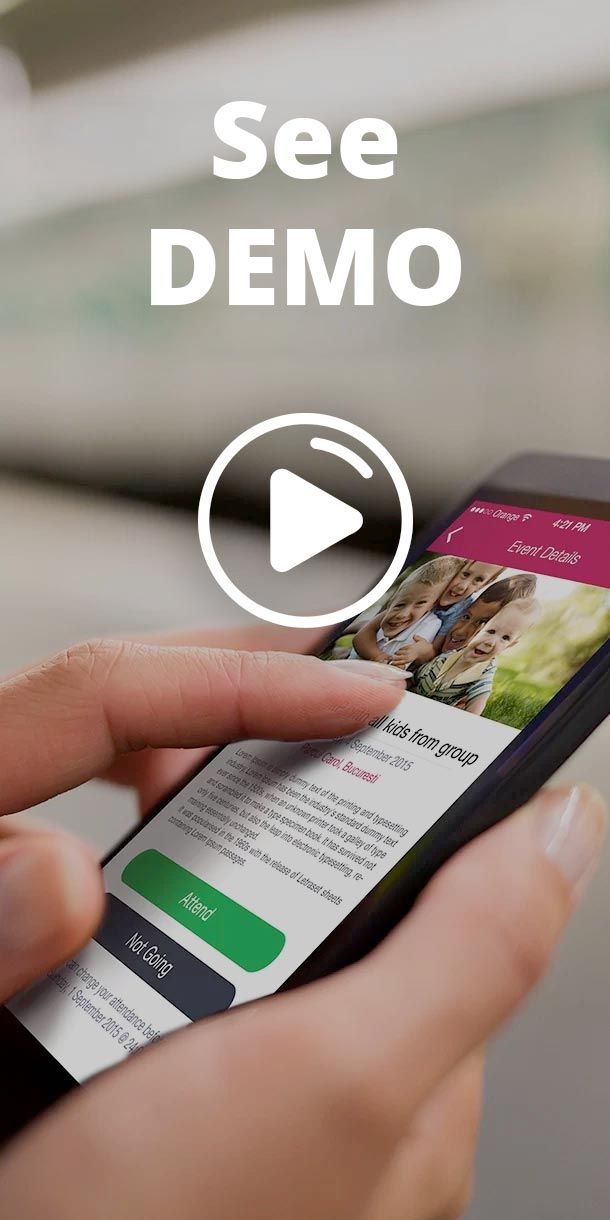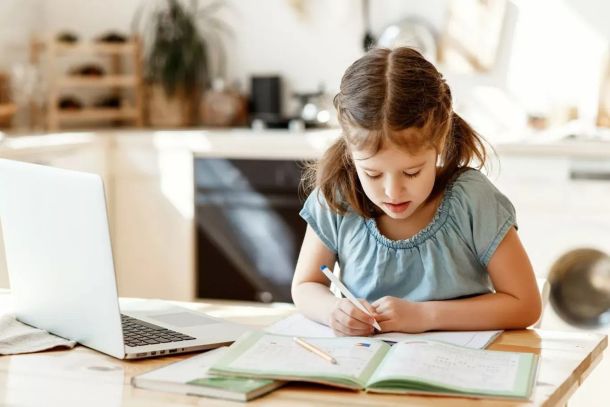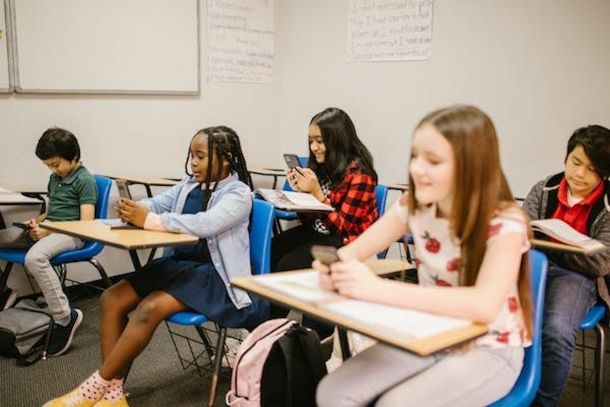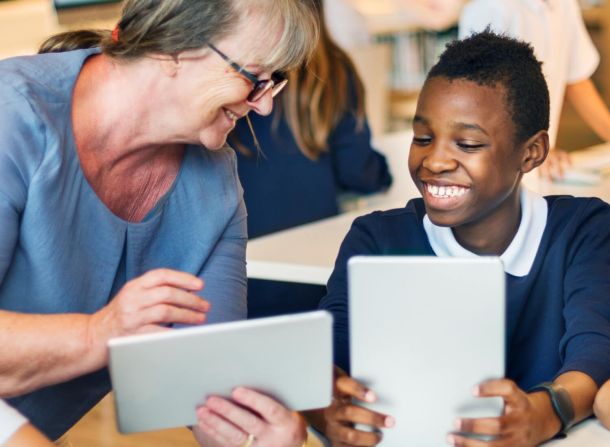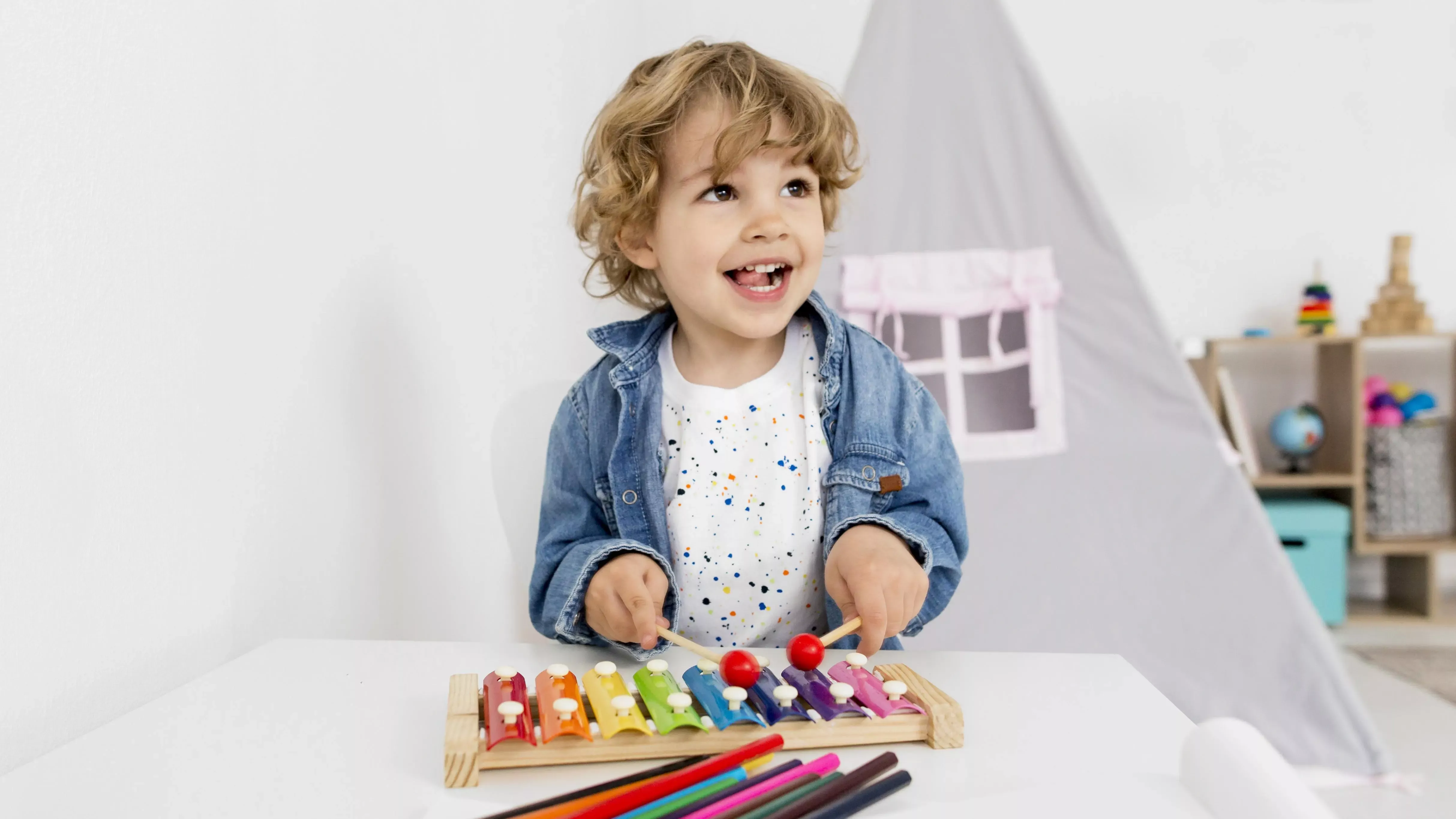
Music: an important element in children's development
22 October, 2022
Did you know that music is one of the few activities that engages both the logical and creative sides of the brain?
Music is a natural part of children's play in general, activating all areas of their cognitive development, and influencing emotional skills as well. Even the youngest children will jump, sway, smile or wave their hands to their favourite tunes. Pre-school children are used to making up their own songs and rhymes, and often sing along.
Play is an essential pillar in the harmonious development of children, and music can significantly improve the quality of the play activities children engage in, bringing countless benefits.
Here are a few reasons why it is so important for young children to participate regularly in musical activities:
Music: positive influences on the brain
A 2016 study at the University of Southern California's Brain and Creativity Institute found that childhood musical experiences can accelerate brain development, particularly in language acquisition and reading skills. According to the National Association of Music Merchants (NAMM Foundation), when young children learn to play an instrument, they learn math more easily. Therefore, specialists claim that when music is part of children's lives they manage to achieve better school performance.
Academic performance is not the only benefit that music brings to children's lives.
According to Early Childhood Australia, exposing children to music in the early years has many benefits for children's overall development, from emotional management skills, fine and gross motor skills, language and shaping a positive self-image.
Language and vocabulary development
Songs and rhymes greatly expand a child's vocabulary as well as their ability to use language correctly. Repeating the choruses of songs helps children to memorise new words and also to become familiar with language patterns and the way words are put together, even in a foreign language.
Ears listen, body moves
When children listen to music, their bodies inevitably move. Whether little ones are in a game of keeping rhythm, using musical instruments or learning choreography, fine and gross motor skills are being developed; this brings benefits in terms of precision of movement, coordination and flowing, flowing writing of words on paper.
Music helps young children express themselves
Music is a wonderful way for children to express themselves.
Through musical activities, children develop a sense of creativity and feel free to express their emotions and creative ideas without fear. They channel their energy into dancing to rhythmic music, compose their own poems and lyrics that they can sing, and soothe their overly strong emotions through the slow rhythms of relaxing music.
When music is part of children's lives, their memory skills are better
Songs and rhymes allow children, through circular rhythms, to continuously work on their memory skills. Also, the structure of a song makes children want to learn it in its entirety, otherwise the song will seem incomplete. A good memory helps to form quicker connections between old and new information, and training it by learning the melody line, lyrics and some dance moves will extend to other activities.
Music brings much joy!
Music is simply a fun activity that makes little ones feel good. Children are naturally drawn to music. They are not embarrassed when they sing and are not held back by fear and judgement, as adults might be. They relax, sing and move freely.
Music in Waldorf pedagogy
Waldorf education dates back over 100 years (1919) and with over 1,000 schools worldwide, over 160 of which are located in North America, it is one of the largest independent systems in the world. While each Waldorf school is independently formed and operated, they are all based on the insights, teachings and principles of education described by world-renowned artist and scientist Rudolf Steiner. The principles of Waldorf education evolve from an understanding of human development that addresses the needs of the growing child.
Waldorf education stimulates children's imagination and curiosity through active, hands-on learning and seeks to cultivate creative thinking, inquiry and enjoyment of learning by integrating a comprehensive curriculum in mathematics, language arts, science and languages with visual arts, drama, music and movement.
In Waldorf schools, music is at the forefront of education and is introduced to students in a variety of ways from kindergarten through high school graduation. Teachers bring music into the classroom every day, underpinning all of this is the inner world of the child as they grow and find their way to express themselves in the world. Children are constantly learning who they are through the musical experiences they have with their peers and move from working individually to having their own part that contributes to a beautiful whole.
Music in Waldorf education provides a way for children to know who they are, both individually and in relation to the world around them.
Also in Waldorf education we talk about eurythmy. Eurythmy is an art form created in 1912 by Rudolf Steiner. Although it can easily be confused with dance, eurythmy does not use music or words as a medium for movement, but movement is born from sound. Eurythmy teachers help children acquire an inner and outer grace, and they begin to understand their own movements as well as the movements of others and the importance of space.
The word eurythmy comes from the Greek language and means 'harmonious rhythm'. Through eurythmy we can bring the world of thoughts, feelings and impulses of will into harmony. This is the subtle and therapeutic value of pedagogical eurythmy.
Eurythmy expresses music through a geometry of tones and various objective movements, corresponding to intervals, minor or major chords. Each gesture is filled with sufletic substance. Children learn by mimicry not only of a fisical but also of a suflectual order. That is why it is important that the gestures adults use around children should be clear, gentle, appropriate and image-creating.
"In eurythmy, children have the chance to practice meaningful movements through fairy tales, poems, rhythm games and music that help them to know and understand their body geography, perceive space and develop healthy suflective and social skills." says Flavia Tomescu, an arts eurythmy expert in England.
Eurythmy is generally recommended from the age of 3. This age marks the time when the child begins to say "I", a clear sign that he perceives himself within himself.
Music is one of the ways in which children learn about the world from a very early age. Studies on children's development show that music (singing using the voice, exposure to music, playing musical instruments) has a beneficial role and a high impact on a variety of skills, regardless of age: motor skills, language, social, cognitive and academic skills. Introducing music into young children's routines and play has numerous benefits for their physical development, by stimulating movement and motor skills, and psycho-emotional development.
It is very valuable to look at pupils' progress both from a process perspective and from a bigger picture perspective. Kinderpedia is a very easy-to-use professional tool that allows teachers to assess children's progress at any time and share their achievements with parents in real time. Observations and progress reports give teachers an accurate assessment of each pupil's level at any point in the school year.

Kinderpedia
The complete communication and management solution for schools and childcare centres.
Simplifies teachers' work and brings parents closer to their children's school progress.
Recommended articles
Want to improve your center quality? Kinderpedia is here to help! Not only do we provide thousands of informational content pieces like blog posts, podcasts, webinars and more, we are also makers of the #1 Rated and Reviewed Childcare Software.
